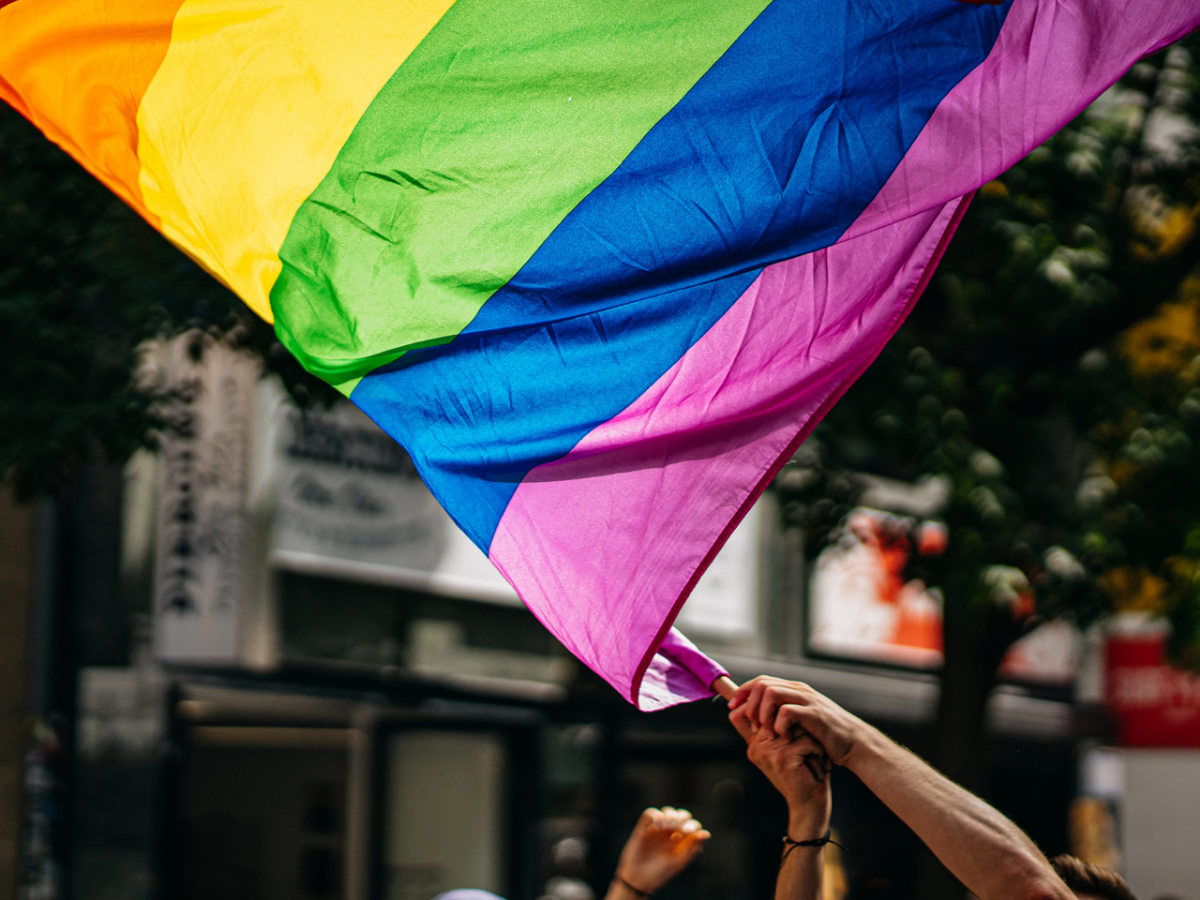As COVID-19 continues to sweep the world, affecting millions of people, every community has been affected. A new ICAP study found the Lesbian, Gay, Bisexual, Transgender, and Queer (LGBTQ+) community in New York City is more likely to experience increased financial and emotional challenges due to the COVID-19 pandemic.
ICAP conducted the LGBTQ+ Experience due to COVID-19 in New York City (LEXICON) study, with financial support from the Rockefeller Foundation, to gain insights into the burden of COVID-19 disease and the effects of the pandemic on this community. From June to December 2021, more than 1,000 LGBTQ+ New Yorkers aged 18 to 68 years took the online survey, which found a similar burden of COVID-19 infection and of vaccine uptake to other adult populations in the city.
The study’s results were presented during an ICAP Grand Rounds webinar which revealed the key driver of not being vaccinated is a lack of health insurance. Nearly one in four participants reported they did not have insurance. LEXICON Principal Investigator Andrea Low, MD, MSc, PhD said, “I think people are so concerned about side effects that even if they do know that vaccinations are free, the concern is that if you have side effects, you still will have to access health care and if you don’t have insurance, that could be debilitating financially.”
The survey also highlighted the data showing bisexual individuals were more likely to not be vaccinated. Researchers believe bisexual individuals are not being reached due to issues such as a lack of resources and understanding of services available to the LGBTQ+ community.
While COVID-19 infection and vaccination uptake were similar to other adult populations in the city, LGBQT+ individuals experienced more severe financial and emotional impacts, particularly among the most stigmatized, such as gender minorities and those with multiple minority identities. Eighty-one percent of LGBTQ+ individuals reported experiencing financial hardship as a result of the pandemic. More than one-third of respondents reported job loss, and one in five reported they had received eviction threats. Gender, racial, and ethnic minorities suffered more job losses and eviction threats than cisgender and non-Hispanic white and Asian participants.
Troublingly, more than half of the participants screened positive for likely ongoing depression. For Hispanic individuals, gender minorities, and pansexual/queer/questioning persons, COVID-19’s effects on mental health were even more pronounced, with 63, 62, and 69 percent of participants respectively screening positive.
The LEXICON study provided key insights into the effects of COVID-19 on the LGBTQ+ community, demonstrating a clear need for further action to support those most negatively impacted by the pandemic. “We hope to host meetings with community advisory boards including representatives from the department of health and other government organizations to inform future policy,” said Dr. Low. The report will also be shared with community organizations that assisted in recruitment, including ICAP’s Harlem and Bronx Prevention Centers, to inform the critical community services they provide.
Read the Report: Experiences of LGBTQ+ Populations in New York City during the COVID-19 Pandemic (The LEXICON Study)
About ICAP
A major global health organization that has been improving public health in countries around the world for nearly two decades, ICAP works to transform the health of populations through innovation, science, and global collaboration. Based at Columbia Mailman School of Public Health, ICAP has projects in more than 30 countries, working side-by-side with ministries of health and local governmental, non-governmental, academic, and community partners to confront some of the world’s greatest health challenges. Through evidence-informed programs, meaningful research, tailored technical assistance, effective training and education programs, and rigorous surveillance to measure and evaluate the impact of public health interventions, ICAP aims to realize a global vision of healthy people, empowered communities, and thriving societies. Online at www.icap.columbia.edu.








